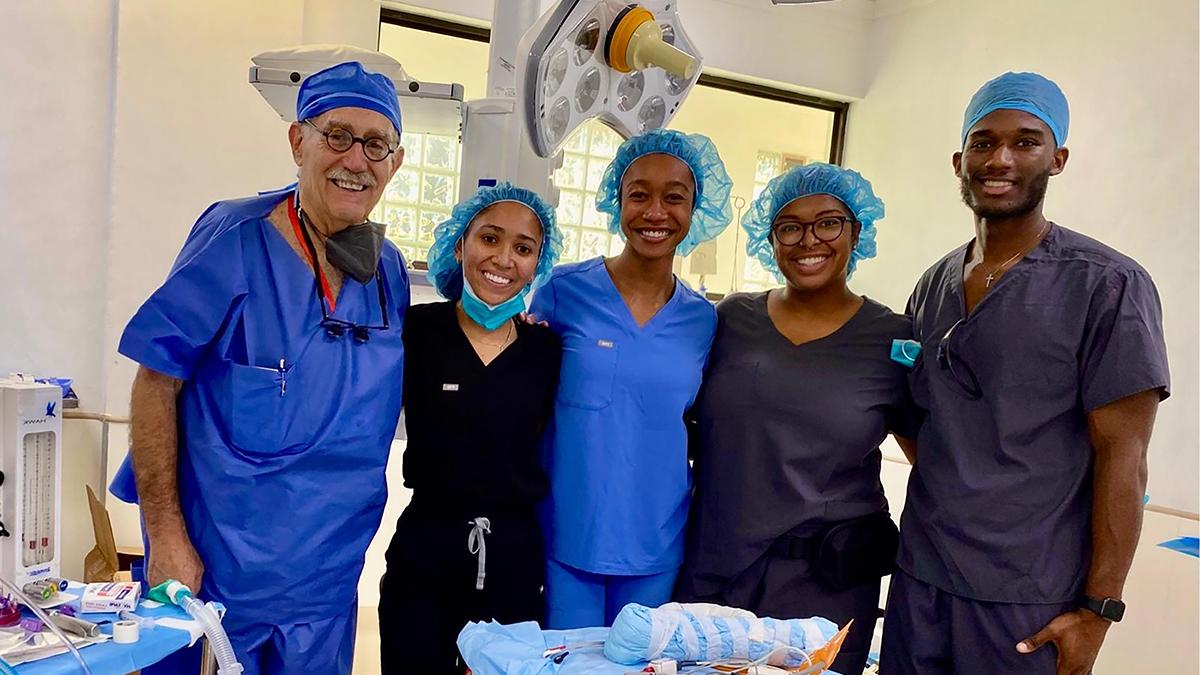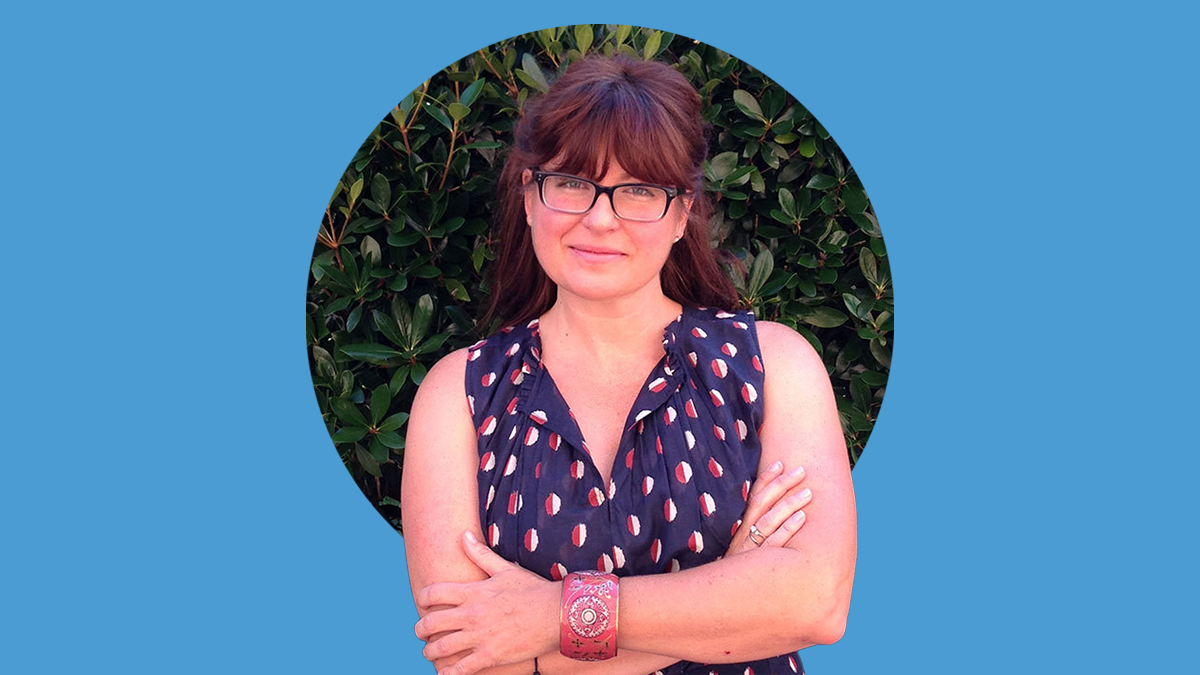Army experience strengthened her social work vocation
Graduate student Sheree Stewart’s 24-year military career led her to Carolina and a new way of helping others.

When a friend urged Sheree Stewart to talk with an Army recruiter in her native Baltimore, she was skeptical. Her father was in the military, and he was gone all the time.
Reluctantly, the 19-year-old agreed to go. “But I bet you I won’t join,” she told her friend.
Stewart lost the bet but gained a 24-year career in the military that took her around the world, introduced her to a new kind of family and allowed her to help other soldiers.
Now Stewart wants to help families and children as a social worker, a goal that brought her to Carolina for the Master of Social Work program.
“I guess the plan all along worked out: for me to go be in the military, get this experience that I have and be able to give back to a community,” said Stewart, one of the School of Social Work’s inaugural Golden Policy Fellows. Her service ranged from deployments in support of the conflicts in Iraq and Afghanistan to a role as an Army congressional legislative liaison in Washington, D.C.
Even before joining the Army, Stewart planned to study social work in college. But she left Morgan State University after a year because she wasn’t focused. A year working with Baltimore schoolchildren through AmeriCorps strengthened her belief that social work was her calling.
She felt the call since surviving the risks of her teen years. “Just being from the inner city, getting yourself into trouble is easy, depending on the friends that you might have and what you’re doing,” Stewart said.
But first came her career in the Army. She lived away from home for the first time, went through boot camp and gained skills like firing and cleaning a weapon. She also learned the most valuable lesson: how to work as a team with a diverse group of strangers.
She acclimated quickly and soon began to flex her leadership muscles. In South Korea, Kuwait, Japan or anywhere else, Stewart became a go-to person for onboarding new troops, helping them get adjusted to military life and being there for them.

Sheree Stewart while deployed in Kuwait in 2003. (Submitted photo)
That could mean providing human resources training to subordinates, peers and leaders. Or listening to a 19-year-old soldier talk about relationship issues. Or helping soldiers identify and develop career goals, even if those were outside the military.
That’s where Stewart sees parallels between her work in the Army and her future as a social worker. While her audience might shift, “it’s just still social problems.”
Stewart is already picking up experience helping others as an intern. At the Wake County Public Defender’s Office, she’s connecting people with mental health and/or substance abuse resources, and at Haven House Services, she helped youth dealing with homelessness and other issues.
At Carolina, she’s learning about the clinical practice and policy sides of social work. She plans to do direct practice first, perhaps in foster care, child welfare or as a school social worker. Eventually, she would like to run a residential group home for at-risk youth.
“We don’t pick the family we’re born into,” she said. “Some youth are born into circumstances that are beyond their control, and they’re not getting the level of support that they need.”

Sheree Stewart at her Army retirement ceremony. Her retirement officially began on Sept. 1. (Submitted photo)
Stewart also hopes to influence social work policy. Her experience working with members of Congress and senior military leaders provided insights on “how to get change in writing,” she said.
In the meantime, Stewart has found community through the Graduate Student Center and the Carolina Veterans Resource Center. She views her time in Chapel Hill as the perfect bridge between her military career and her future in social work.
“I’m kind of living out my dream,” Stewart said.







